Journalist Thai Duy in the liberated zone of the South in 1965.
1. Born in 1926 into a family of civil servants in Bac Giang , Thai Duy (real name Tran Duy Tan) loved journalism since his childhood. After the success of the August Revolution, the young man Tran Duy Tan often compiled news from newspapers and climbed a tall tree at the village entrance to broadcast to the villagers about current events and the policies of the Viet Minh. Later, many people said that this was participating in the revolution, but he said: "That's me, I like it, not to count it for achievements!"
In 1949, Thai Duy was accepted into the National Salvation Newspaper (with journalist Xuan Thuy as Editor-in-Chief), and spent his entire life working at only one newspaper of the Front.
He told about his first day in the profession: “For several years I wrote articles for the newspaper, they were not published, I still sent them, to the point that the whole editorial office remembered my name. One day I was invited to the newspaper, and the editor-in-chief Nam Cao received me. He said to me: “To be honest, your articles are too bland, but seeing how passionate and courageous you are, I will try to marry you... You have to study hard and survive.”
The National Salvation Newspaper was the largest daily newspaper in the country at that time. The staff included famous names such as Xuan Thuy, Nam Cao, Nguyen Huy Tuong... Among them, Xuan Thuy was a master journalist, a master manager. Understanding the characteristics of journalism, journalist Xuan Thuy let reporters go on field trips, find their own topics, and go for several months; of course, there were topics requested by the editorial office. This was very suitable for Thai Duy's personality.
2. Because he liked to rush into hot and fierce places, Tran Duy Tan asked to join the 308th Division. Without salary or support from the editorial office (due to the difficult transportation and communication at that time), he "followed" the soldiers, lived like a soldier and worked independently. The 308th Division had a Regiment Commander named Thai Dung, famous for his bravery and gallantry. Fascinated by the personality of this commander, the young reporter Tran Duy Tan asked to be his "disciple", from then on he took the pen name Thai Duy. He spent many years fighting on the battlefield in Laos, in the Dien Bien Phu campaign and regularly sent articles to the Cuu Quoc Newspaper, contributing to making the newspaper hot with the atmosphere of the battlefield. Thai Duy's articles were always enthusiastically read by soldiers and people.
During the resistance war against the US, in 1964, Thai Duy (alias Tran Dinh Van) and journalist Tong Duc Thang (Tam Tri) walked for 3 months across Truong Son to Tay Ninh and together with some colleagues from the South founded Giai Phong Newspaper. Giai Phong Newspaper published its first issue on December 20, 1964, consisting of 12 black and white printed pages, appearing simultaneously in liberated areas, suburban areas, even in the inner city of Saigon and to Hanoi via Phnom Penh (Cambodia), blowing a trumpet to stir the hearts of the soldiers and people of the whole country.
In March 1965, Ms. Phan Thi Quyen, wife of Hero Nguyen Van Troi, who had joined the special forces at that time, was a delegate to the Congress of the Women's Union for the Liberation of South Vietnam at Duong Minh Chau base (Tay Ninh). Thai Duy was assigned to meet and record Ms. Quyen's stories about Mr. Troi, with a deadline of 15 days. The manuscript was immediately brought to the North by air from Phnom Penh by a Soviet reporter. President Ho Chi Minh read it, praised it, and directed that it be printed into a book, with his own foreword.
From the original name “The Last Encounters”, Prime Minister Pham Van Dong changed the book’s name to “Living like Him”. The book was first published by Literature Publishing House in July 1965, printing 302,000 copies, then continuously reprinted with millions of copies. Up to now, no book in Vietnam has surpassed this record. “Living like Him” created a great spiritual strength in both the North and the South. Through the experienced pen of author Tran Dinh Van (Thai Duy), each sentence of Mr. Troi has become a truth: “As for the Americans, no one can be happy”, “The guilty one is not me, the guilty one is the Americans”...
After "Living like him", Thai Duy also has other famous works on the subject of commando soldiers, such as "The prisoner in the big prison", "The comrades of Nguyen Van Troi"...
In 1977, the National Salvation Newspaper merged with the Liberation Newspaper to form the Great Doan Ket Newspaper, and Thai Duy was still a bare-bones reporter. I asked him about this many times, and he said: “It’s not their fault. It’s because I said I didn’t know how to be a manager. Let others do it better… I’ve always liked being a reporter, and being a reporter makes me happy!”
Although he was only a reporter, Thai Duy was welcomed by Uncle Ho, Fidel Castro and Mao Zedong, and was respected in journalism-related events. That was thanks to his works, thanks to his character, a lifelong journalist and soldier.
3. Thai Duy was a pioneer in the battlefield. He was also a pioneer in the Renovation period, especially in the area of new contracts in agriculture and fighting against corruption.
Try to imagine the life of farmers and rural areas at that time. In the North, the average food per capita in 1961 was 24kg/month, by 1965 it had dropped to only 14kg/month; and the rice had to be divided into three or four for the battlefield. The young generation today, when Vietnam has become a "rice powerhouse", may not be able to understand the situation of "starving, starving" that lasted for decades until the late 1980s. As someone who only looks straight at the truth and is loyal to the truth, Thai Duy is troubled by the question of why the same people, the same land, have 5% more productivity than cooperative fields, troubled by the song full of resentment: "One person works as hard as two/ So that the director can buy a radio, buy a car". And he saw bold farmers "breaking the fence" to seek new contracts, at that time called "underground contracts", because cooperatives were linked to public ownership, because that was against the Party's line, against socialism.
“Illegal contracting or death”. That is the choice of farmers, an awakening in the hearts of journalists. If the newspapers Van Nghe, Dai Doan Ket, Tien Phong in the mid-80s of the last century had articles that shook society such as “What night was that night” (by Phung Gia Loc), “The kneeling woman” (Tran Khac), “The story of the tire king” (Tran Huy Quang), “The procedure for being a living person” (Minh Chuyen), “Spring remembering Uncle Ho” (Phan Thi Xuan Khai)..., then on the agricultural front, writers Huu Tho, Phan Quang, Le Dien, Thai Duy... took pioneering steps earlier.
Faced with a social reality full of hardships and shortages, Thai Duy wondered: Why do farmers suffer for so long? He wrote articles not with ink, but with blood dripping from his heart. Thai Duy became a leading shock soldier in the fight for the new contract with hundreds of articles such as "A Revolution", "Hai Phong Wind", "Breaking Monoculture in Thai Binh", "New Mechanism, New People", "Illegal Contracts or Death"... Those articles contributed to the revolution in agriculture from Contract 100 to Contract 10, which was later collected and printed into the book "Illegal Contracts or Death" (Tre Publishing House, 2013) - a new milestone in Thai Duy's journalism career. Directive 100 made the period 1981 - 1985 have an average agricultural growth rate of 4.9%/year, food output increased from 11.64 million tons (1980) to 15 million tons (1981). In 1988, the country's food output reached 19.58 million tons, but only 1 year after Contract 10 (1989) it increased to 21.58 million tons. Vietnam has become a rice exporting country since then.
Journalist Huu Tho, a steadfast writer on the cultural and ideological front, who summarized and required journalists to have “clear eyes, pure hearts, and sharp pens”, wrote in the Nhan Dan Newspaper on April 22, 2013 as follows: “The struggle for the policy of product contracting was very fierce, not only fierce at the grassroots level but also fierce from high-ranking people and agencies. Those who did not agree with the final product contracting threw out many big hats, saying that “if we implement the final product contracting, we should burn Marxist-Leninist books”, even saying that “implementing the product contracting is abandoning the Party”... Colleagues who fought together in this struggle were Thai Duy, Le Dien at Dai Doan Ket Newspaper, Hong Giao at Hoc Tap Magazine, Dinh Cao at Thong Tan Xa, Dac Huu at Ha Son Binh Newspaper..., among them, in my opinion, the journalist who enthusiastically rushed into the battle and wrote the most among us was Thai Duy”.
Source: https://hanoimoi.vn/ngoi-but-tien-phong-thai-duy-705782.html


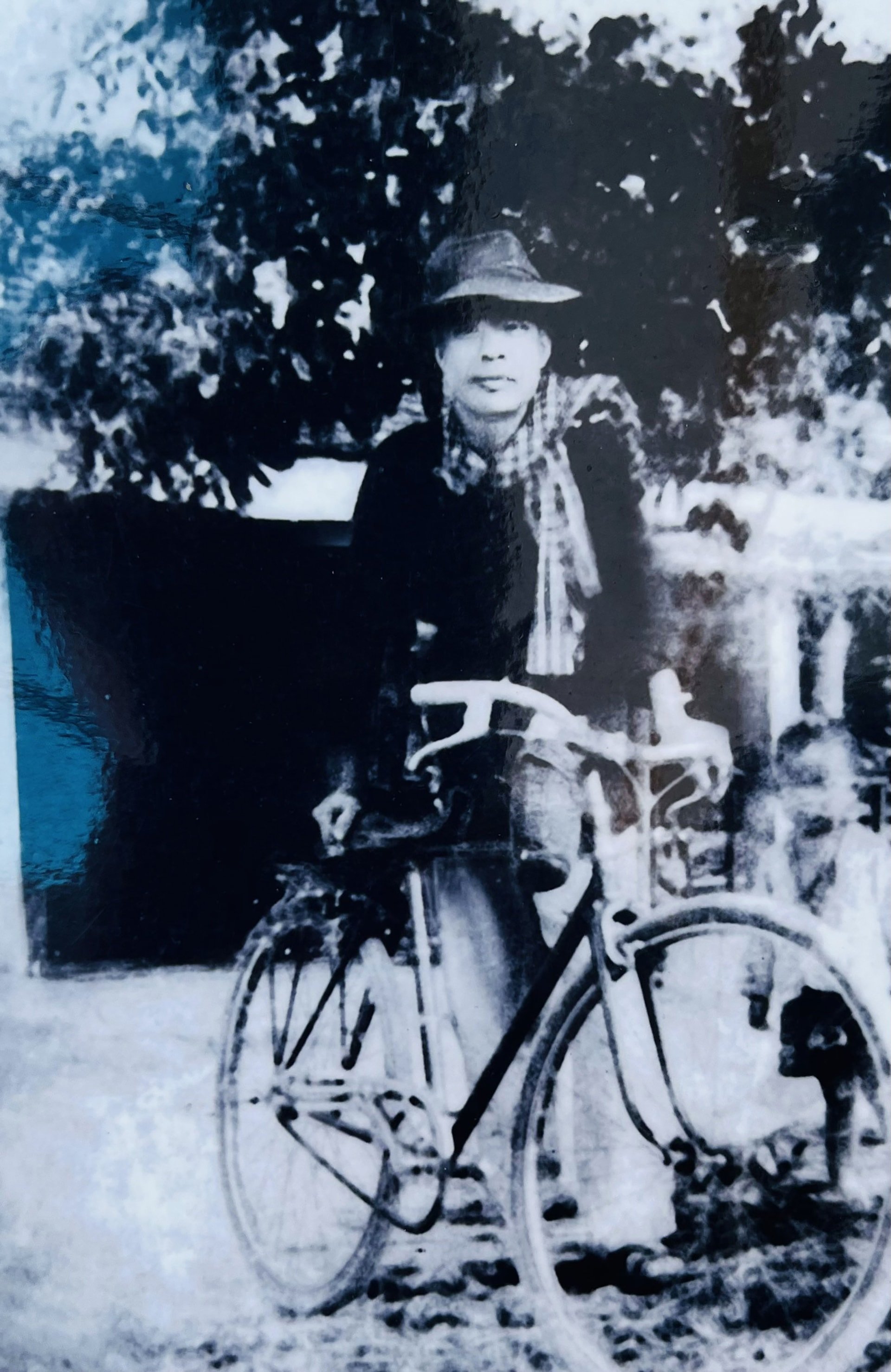







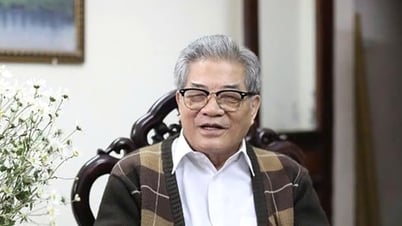




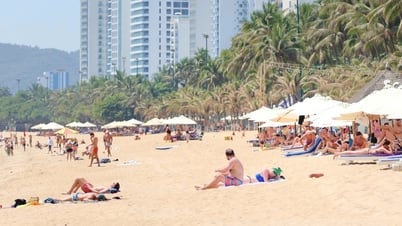

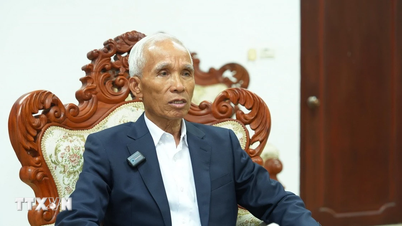
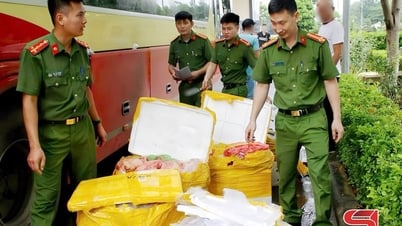

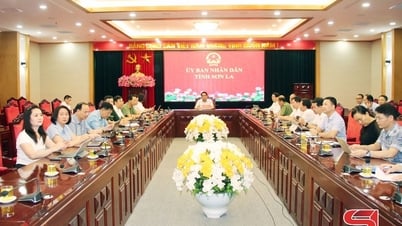
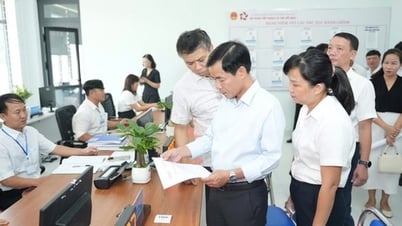


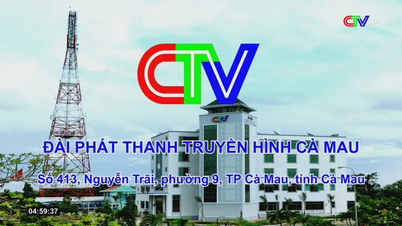






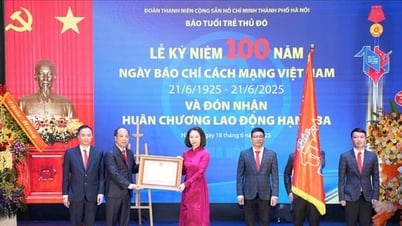
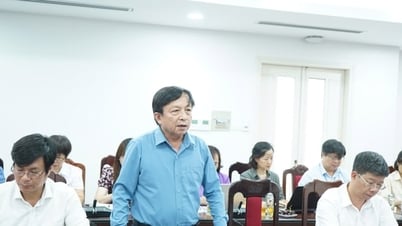


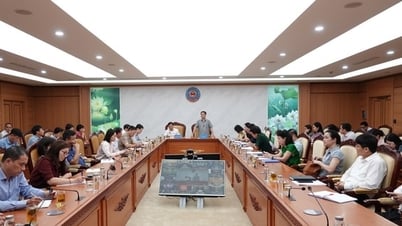
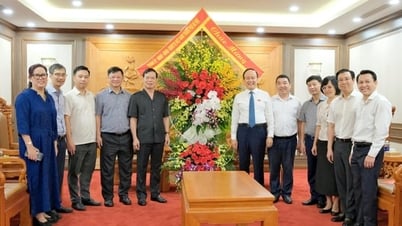

















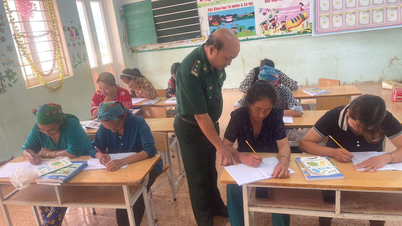




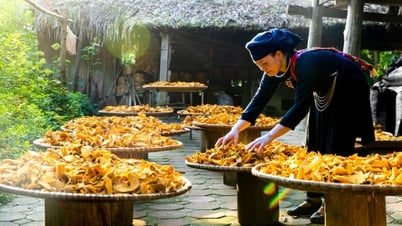


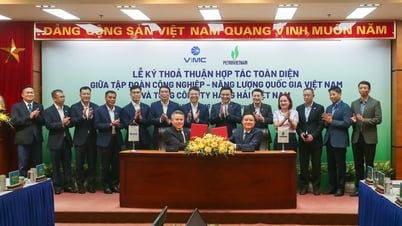
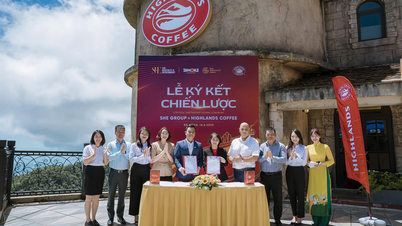
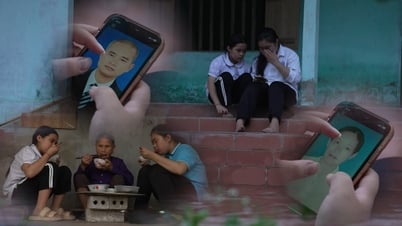



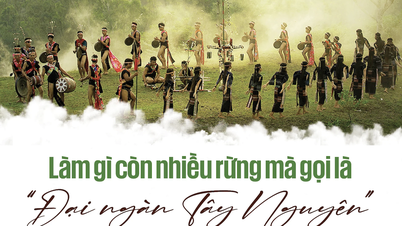

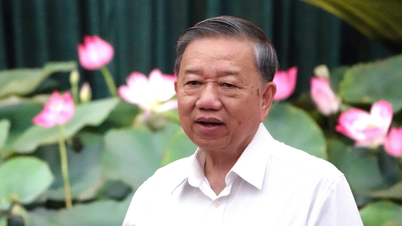
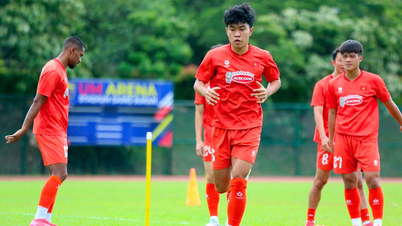






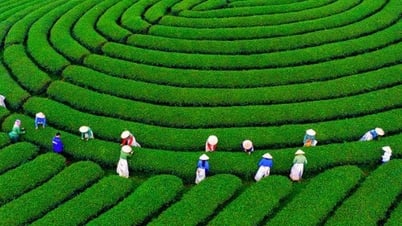
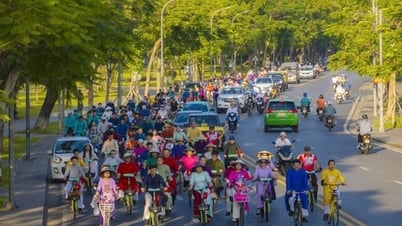
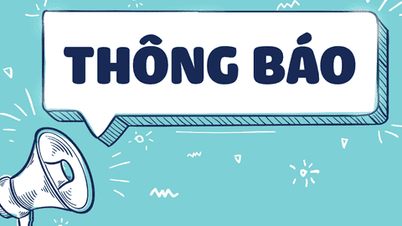

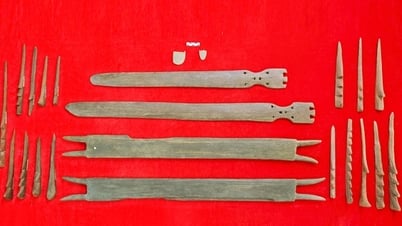
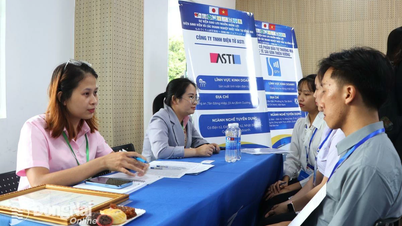

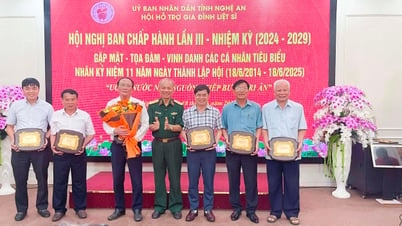

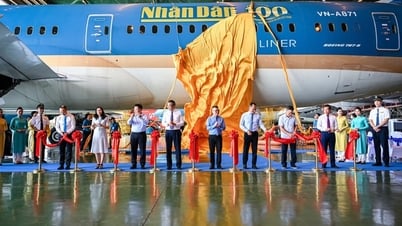
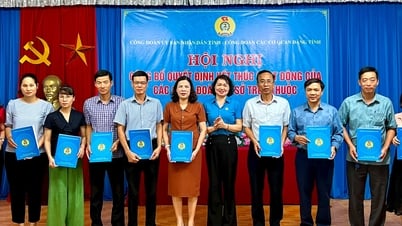

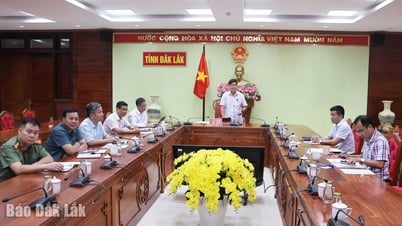













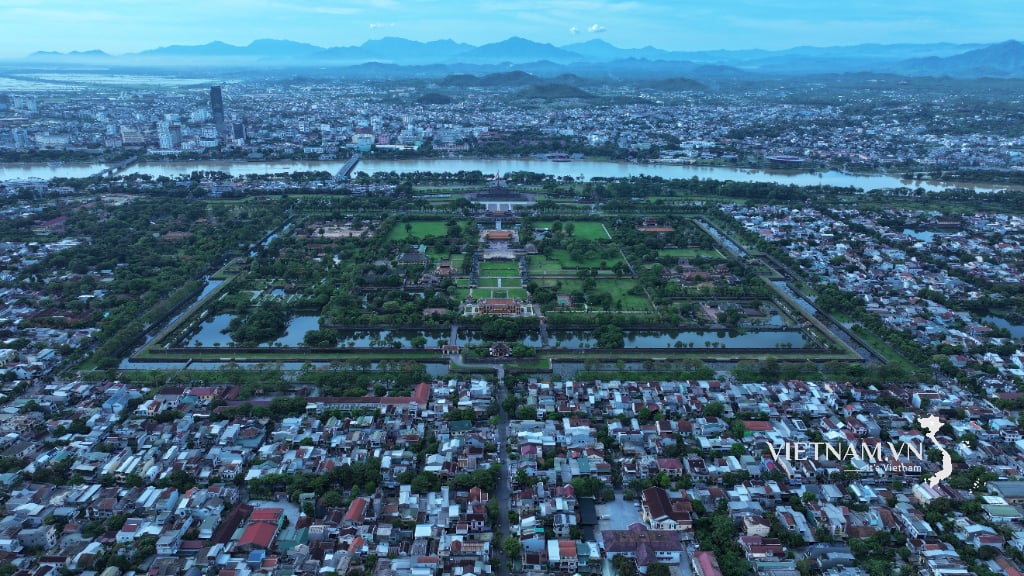
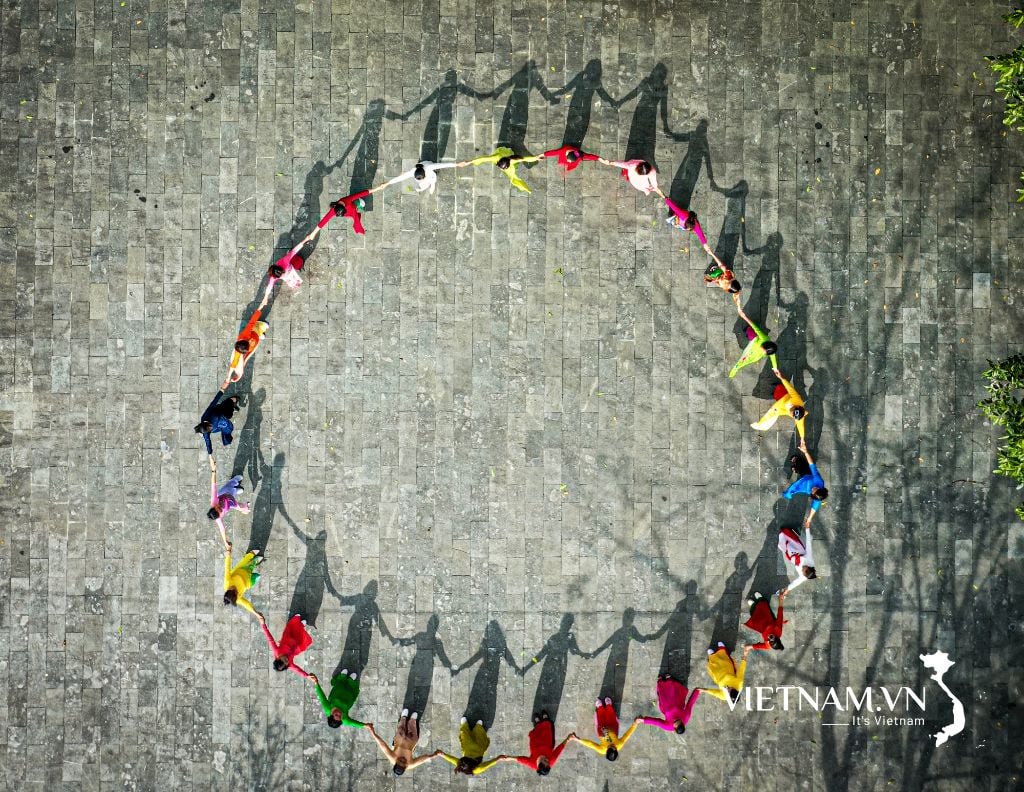
Comment (0)